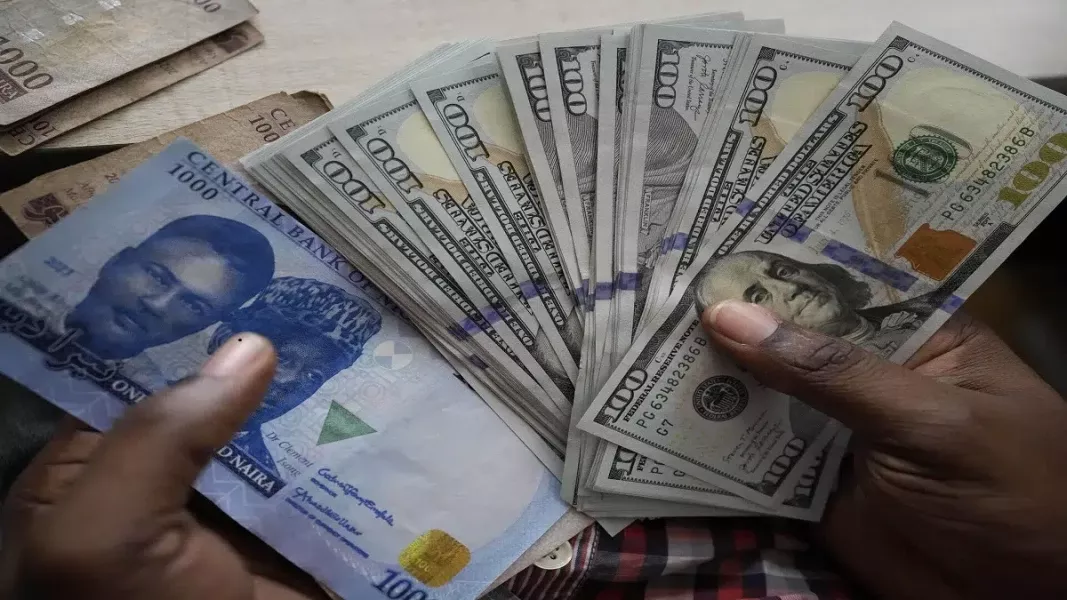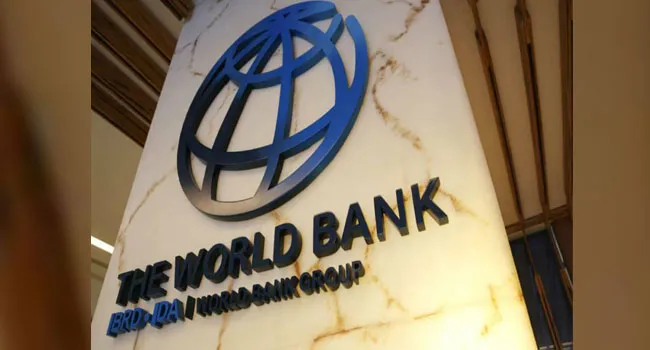The International Monetary Fund (IMF) has issued a stark warning regarding Nigeria’s economic outlook, predicting a potential 35 percent depreciation of the Naira and a significant spike in inflation rates, potentially reaching as high as 44 percent. These projections are outlined in the IMF’s February 2024 Post–Financing Assessment and Staff Report, which highlights the current challenges facing Nigeria’s monetary policy and exchange rate stability.
According to the IMF report, Nigeria’s monetary policy measures are deemed insufficient to combat inflation, particularly with ongoing pressures on the Naira. The absence of robust local production coupled with the recent liberalization of commodity imports is expected to further exacerbate the depreciation of the Naira.
Furthermore, Nigeria has faced additional economic setbacks, including adverse climate shocks such as severe flooding in early 2024, which have compounded existing weaknesses in agriculture, leading to a decline in output and a surge in food prices.
The IMF suggests that Nigeria would benefit from implementing a comprehensive macroeconomic and growth strategy, in collaboration with support from development partners. This strategy would entail aggressive monetary tightening, fiscal adjustments to restore macroeconomic stability, and the implementation of climate adaptation measures.
The report highlights that Nigeria’s growth prospects are bleak, with predictions indicating a potential zero percent growth in 2024, gradually recovering to only two percent by 2028. Additionally, uncertainties surrounding Nigeria’s net international reserves level pose significant risks, along with the potential for exogenous shocks impacting external stability, poverty levels, and food insecurity.
The IMF also raises concerns about Nigeria’s fiscal deficit, which could increase to above six percent of GDP in 2024 and 2025. This increase is driven in part by heightened social unrest, necessitating increased transfers, and a rise in implicit fuel subsidies.
In response to these challenges, the Nigerian authorities may resort to domestic financing measures, leading to a rise in debt levels. The report underscores the importance of prioritizing external debt service amid competing priorities, including addressing rising poverty and food insecurity.





